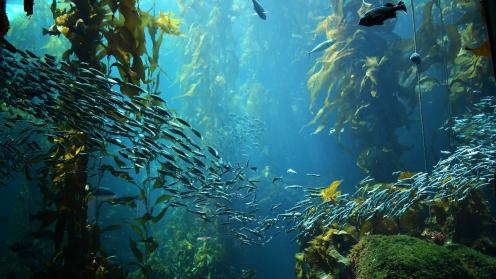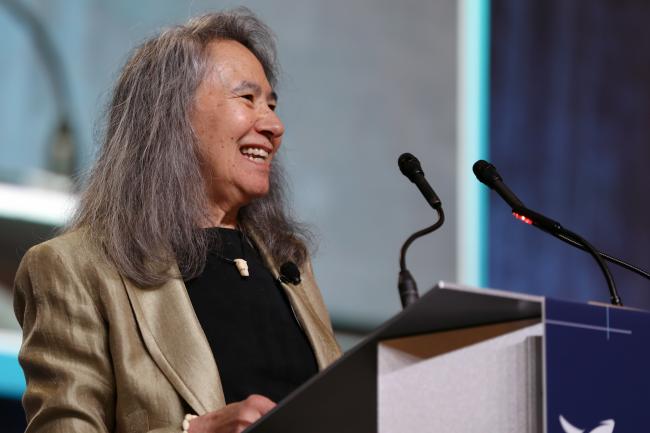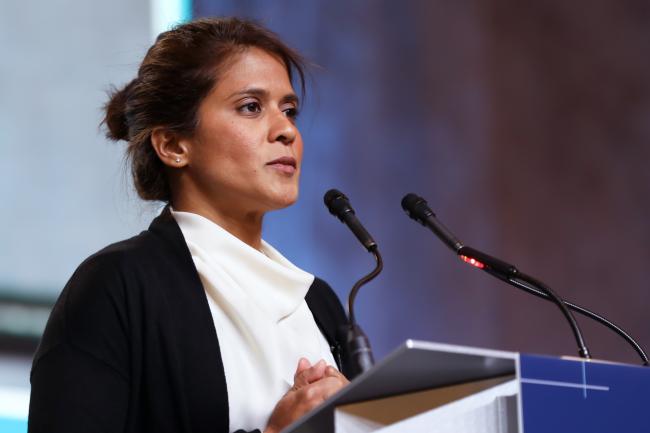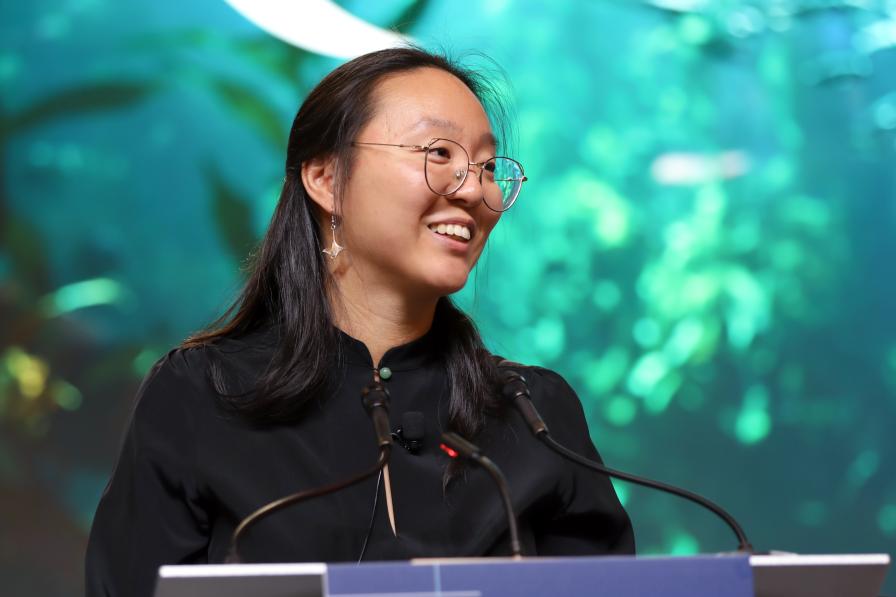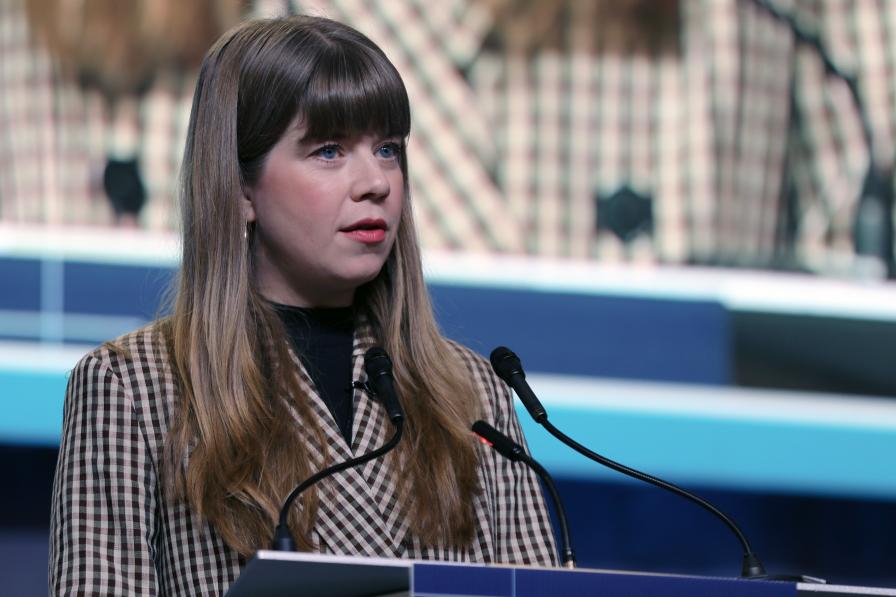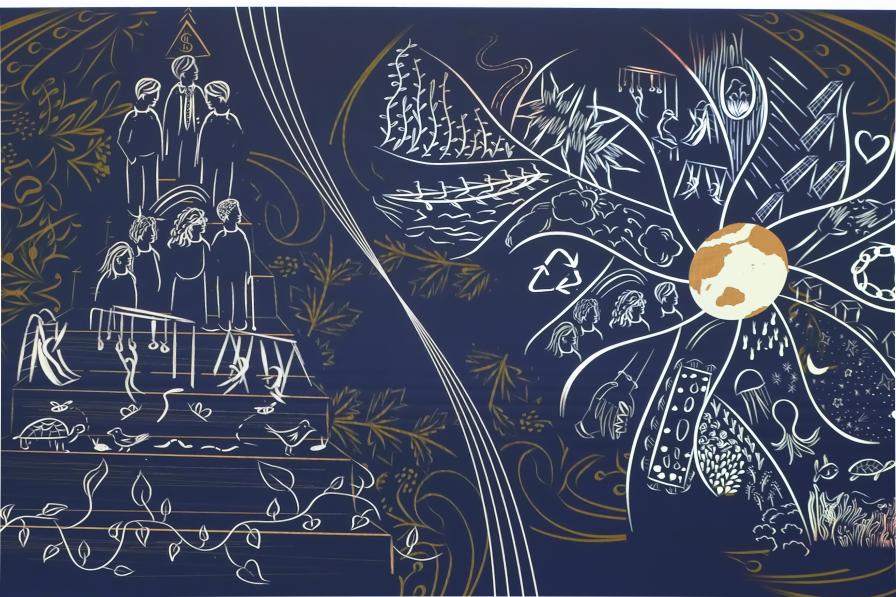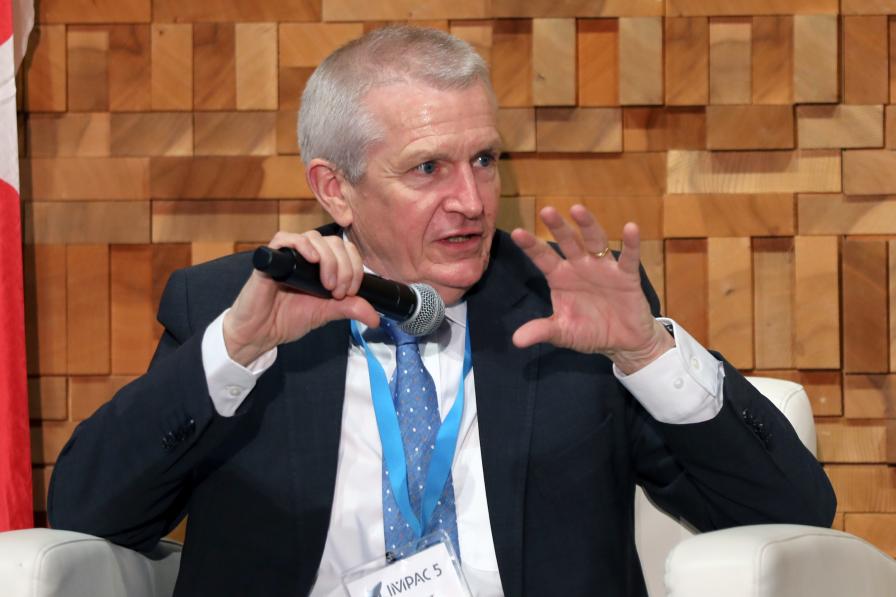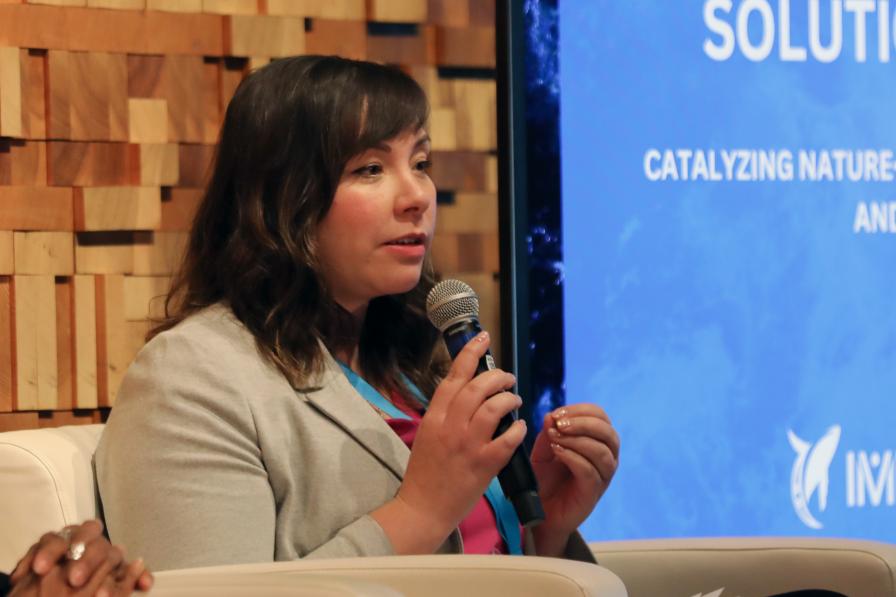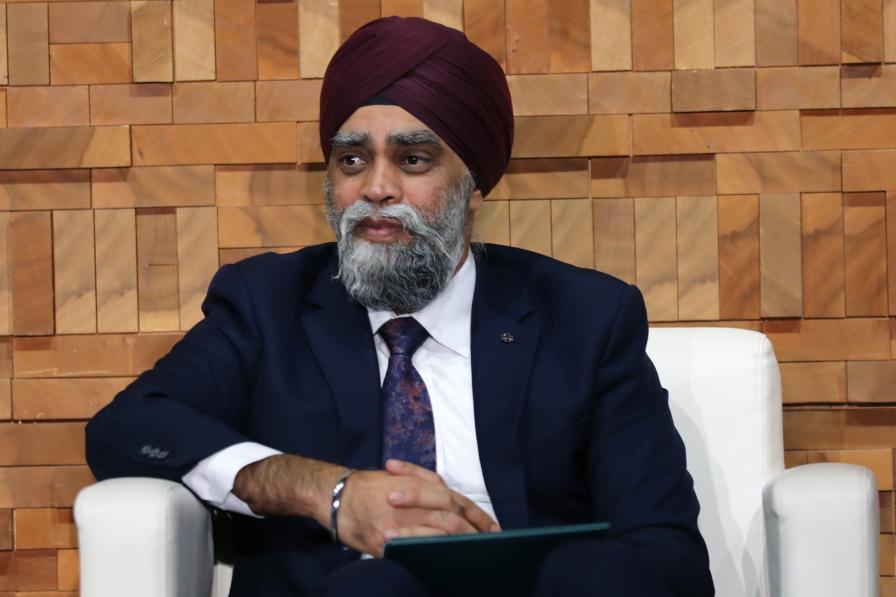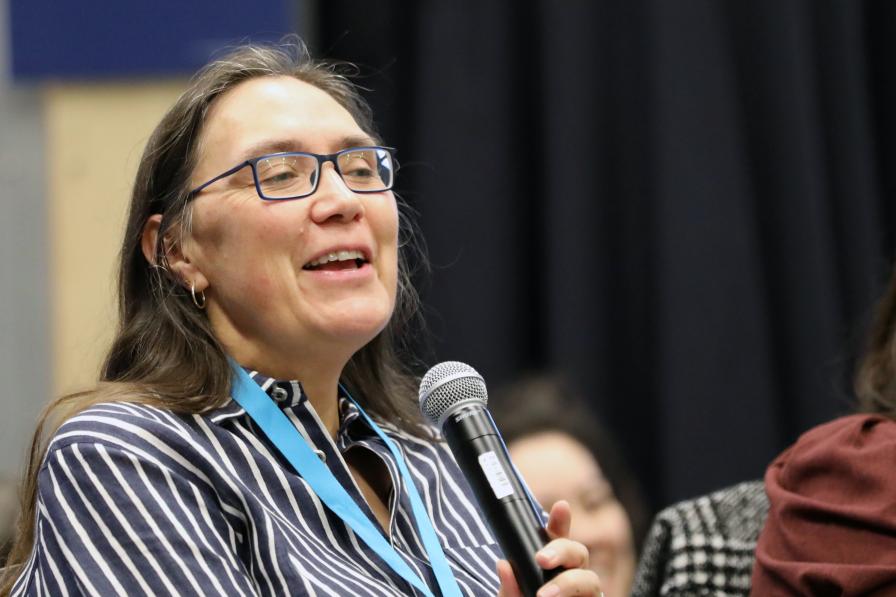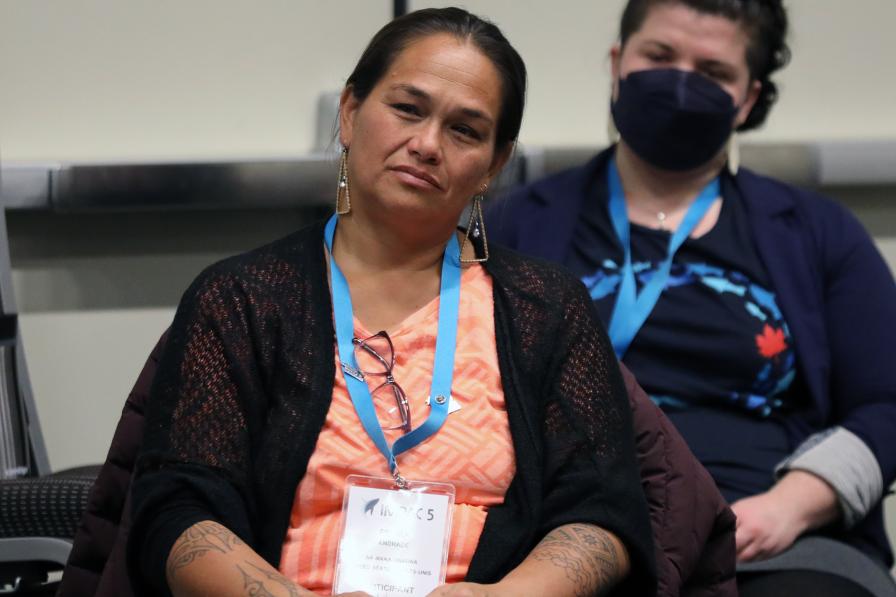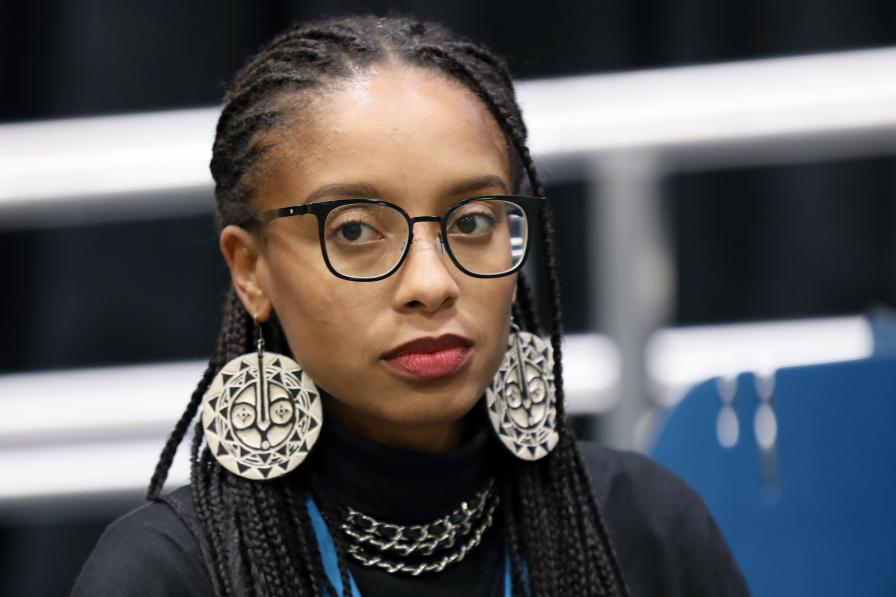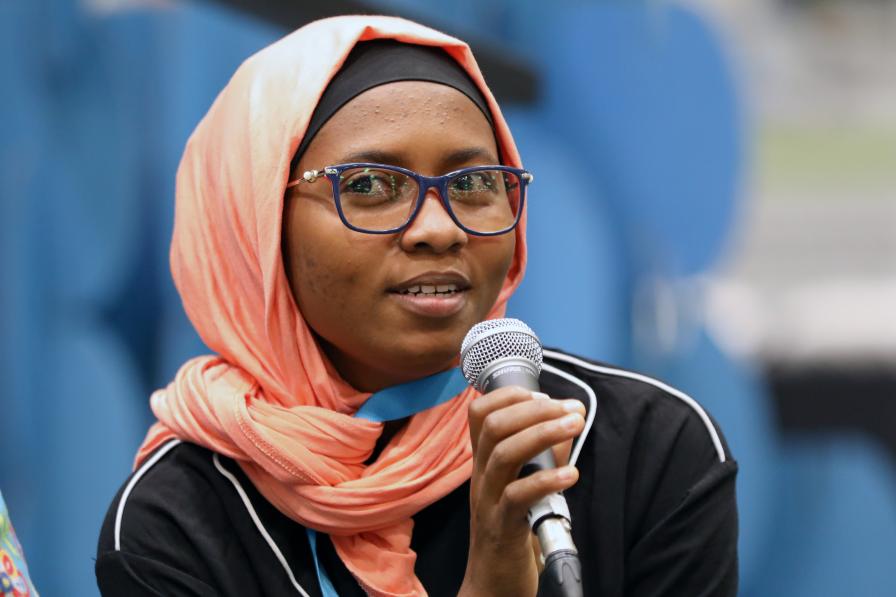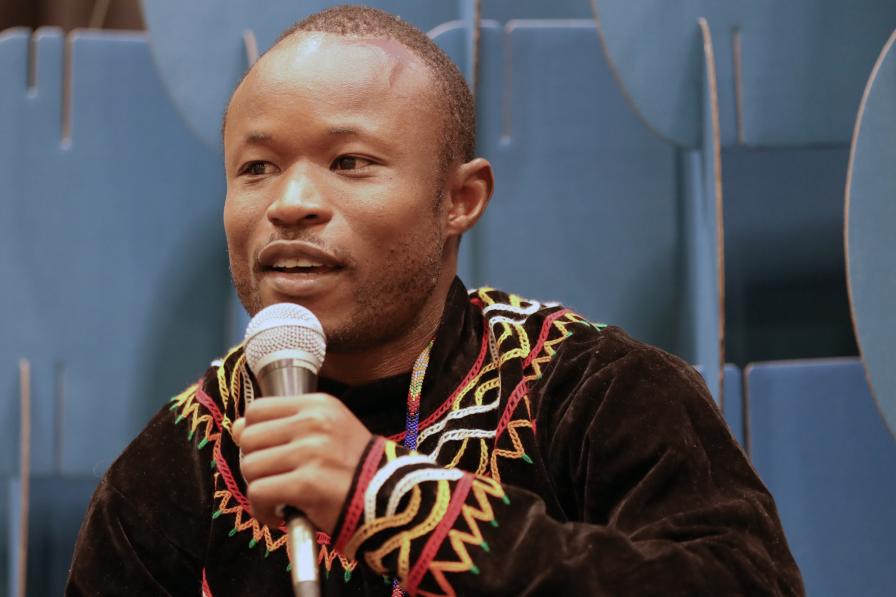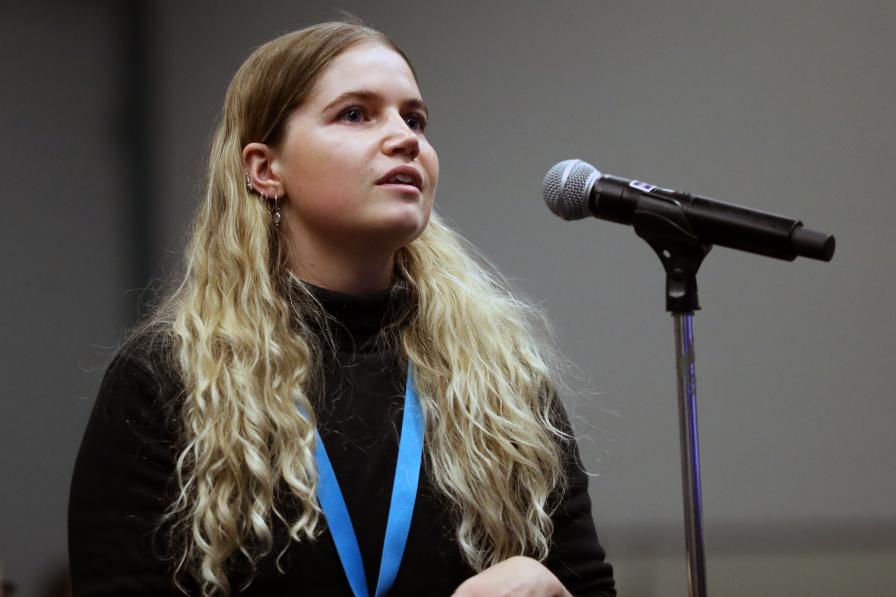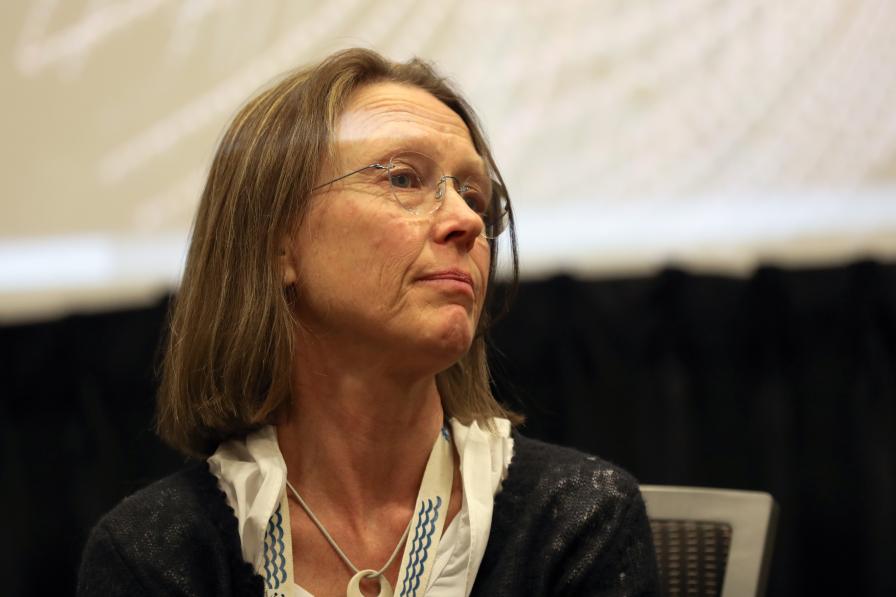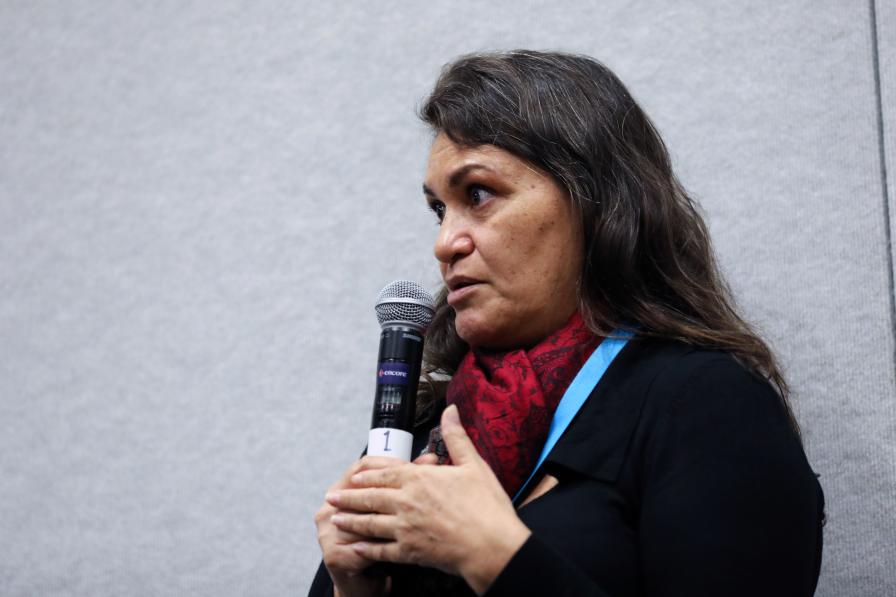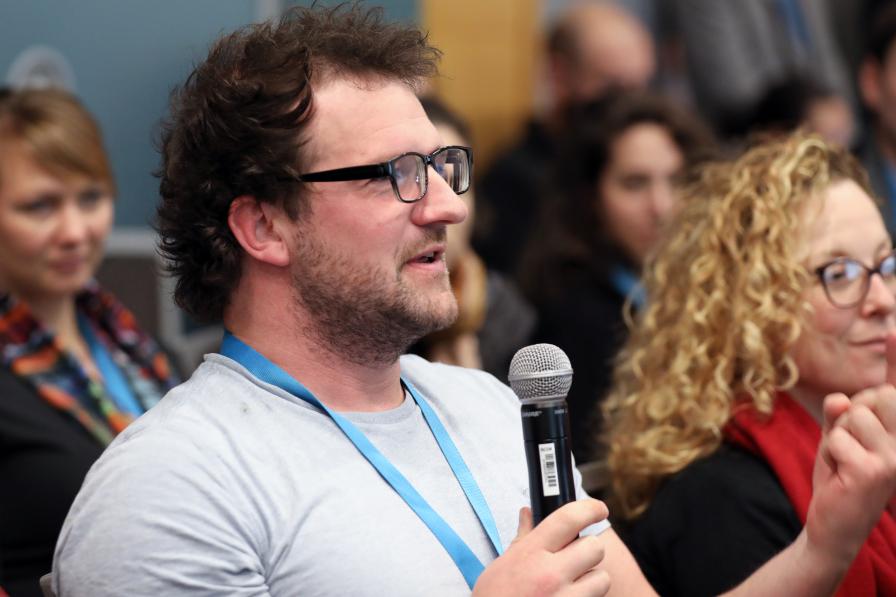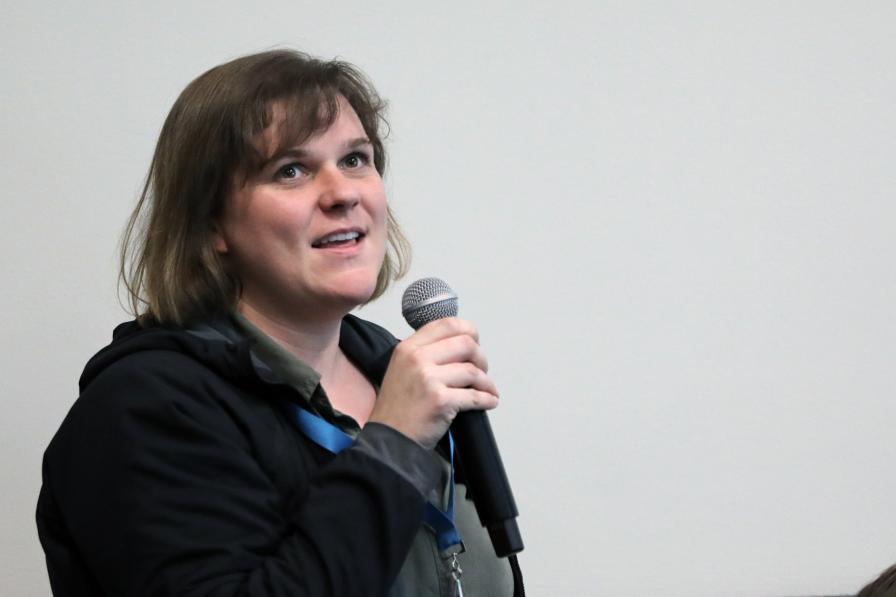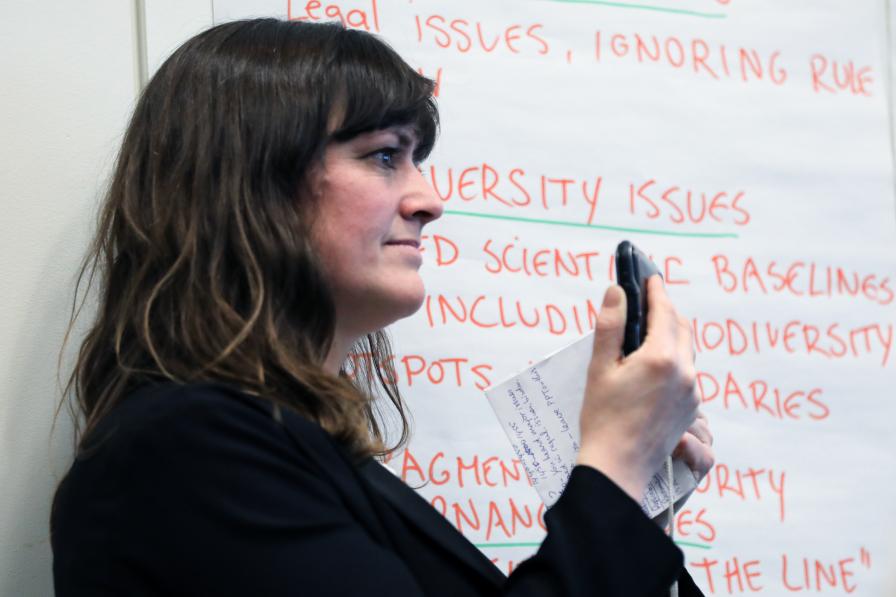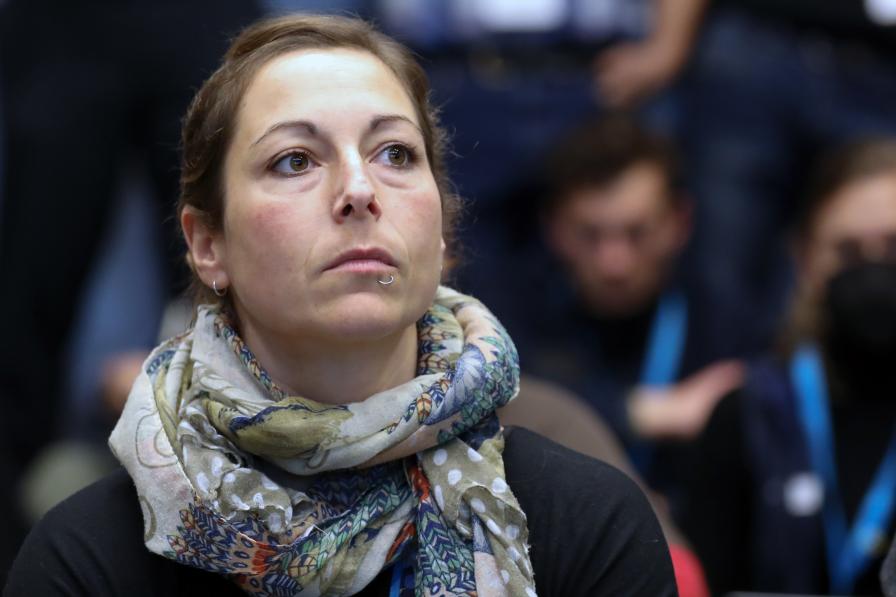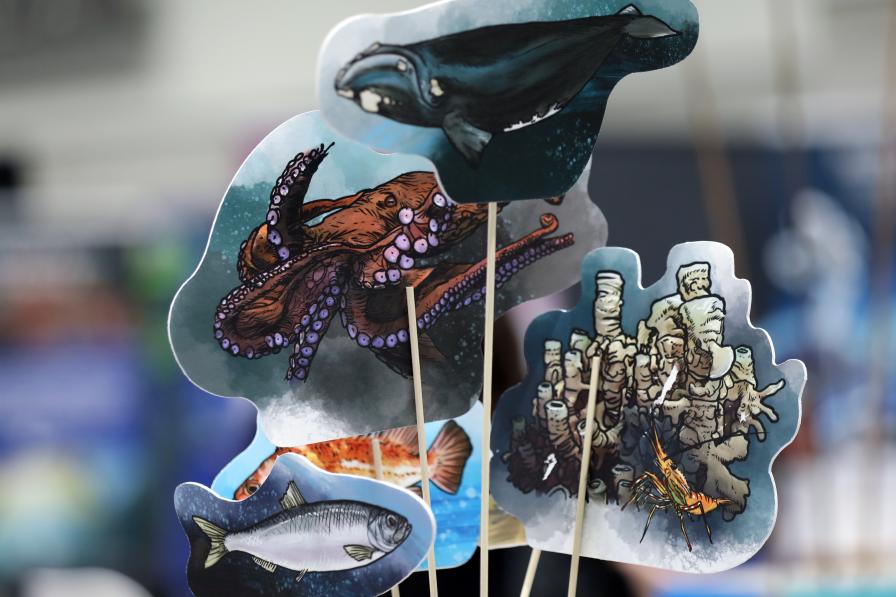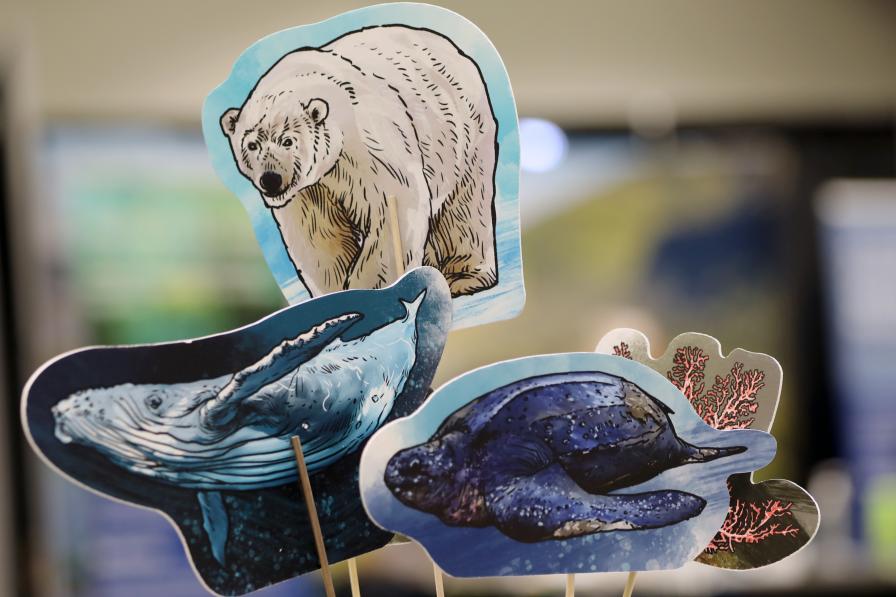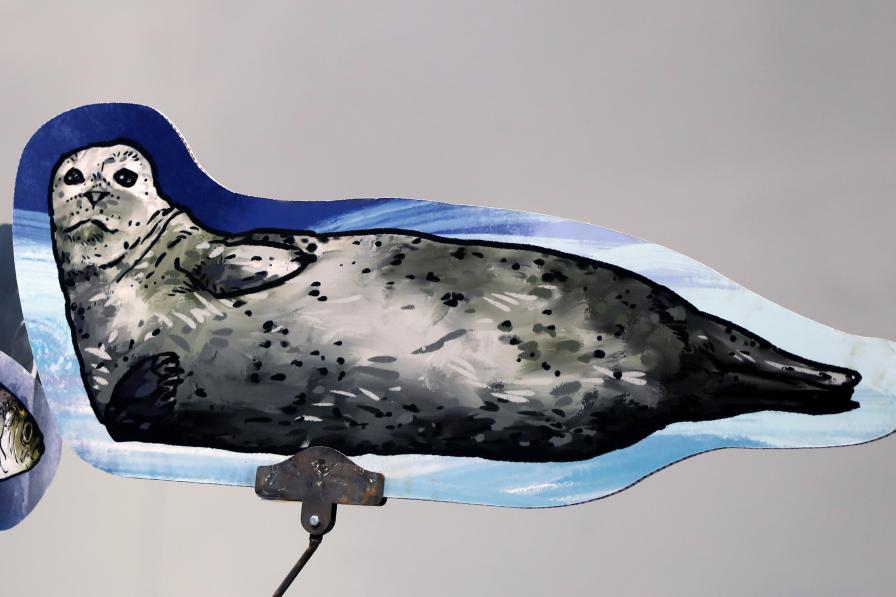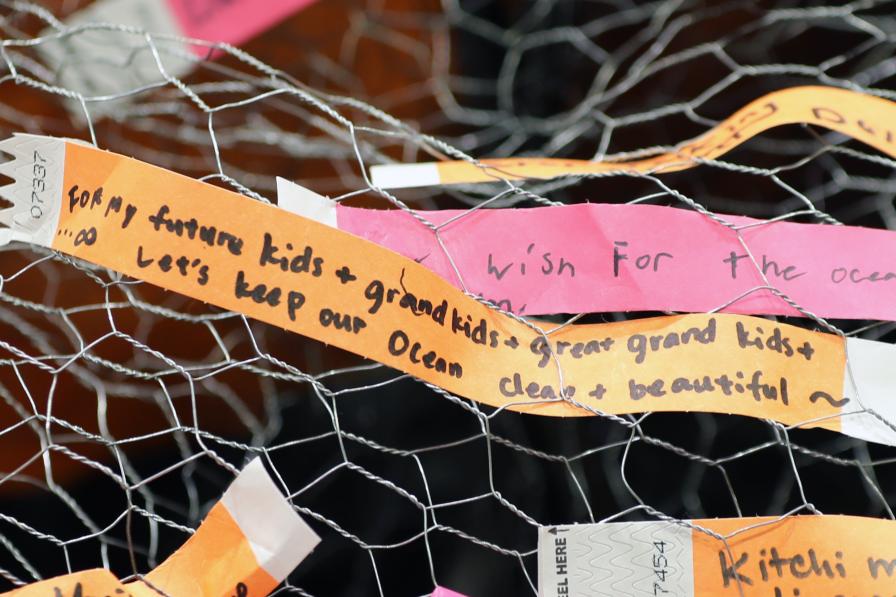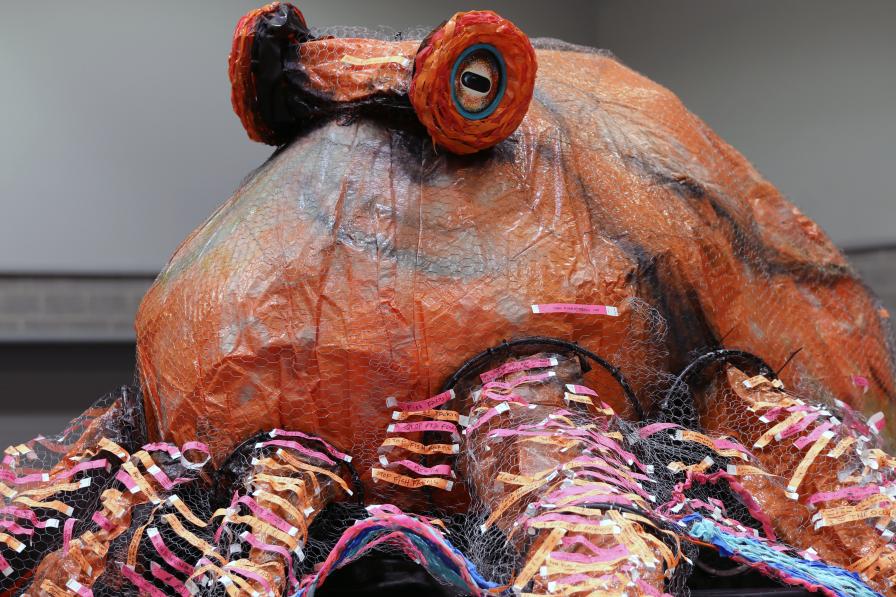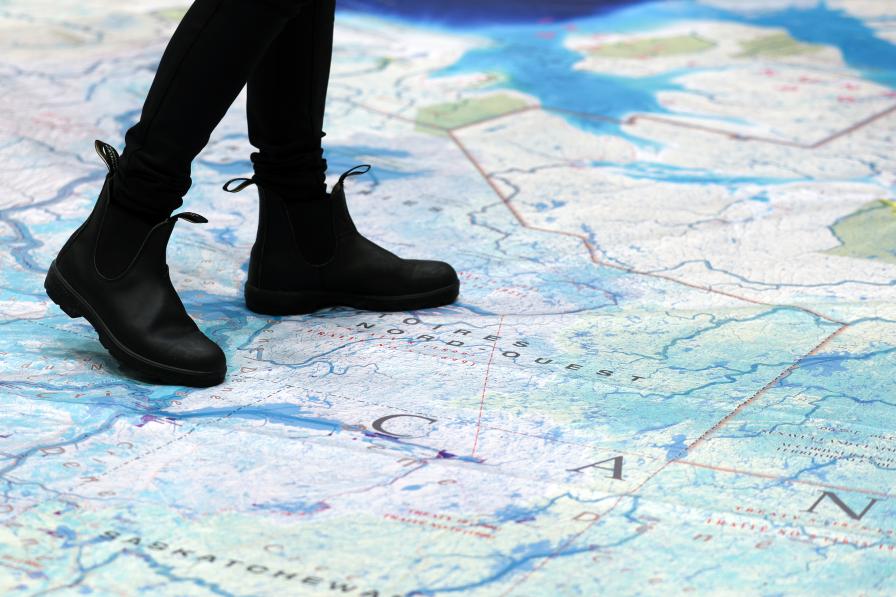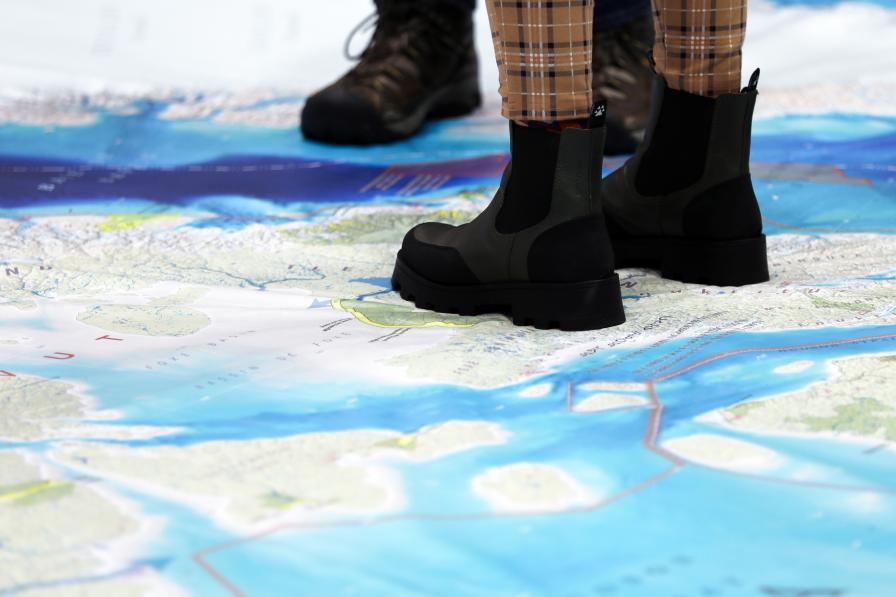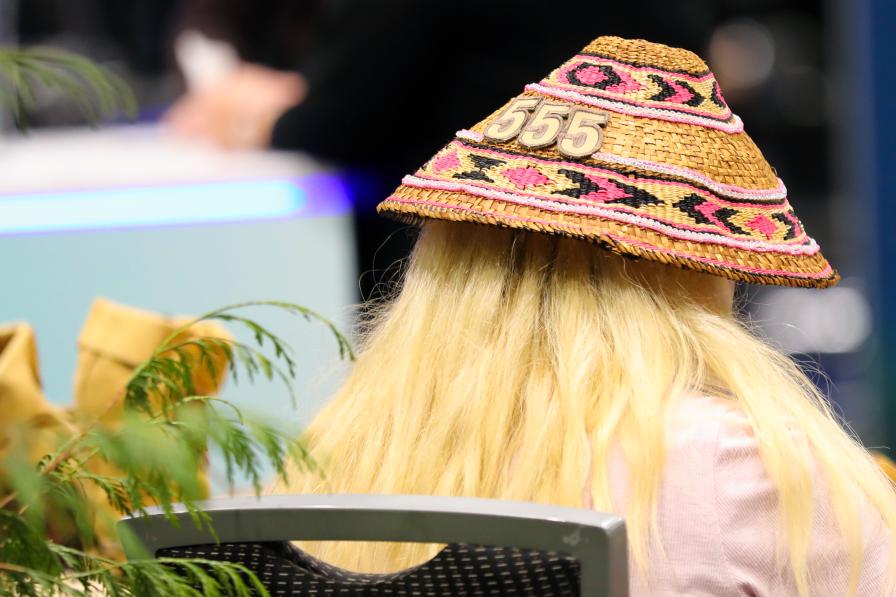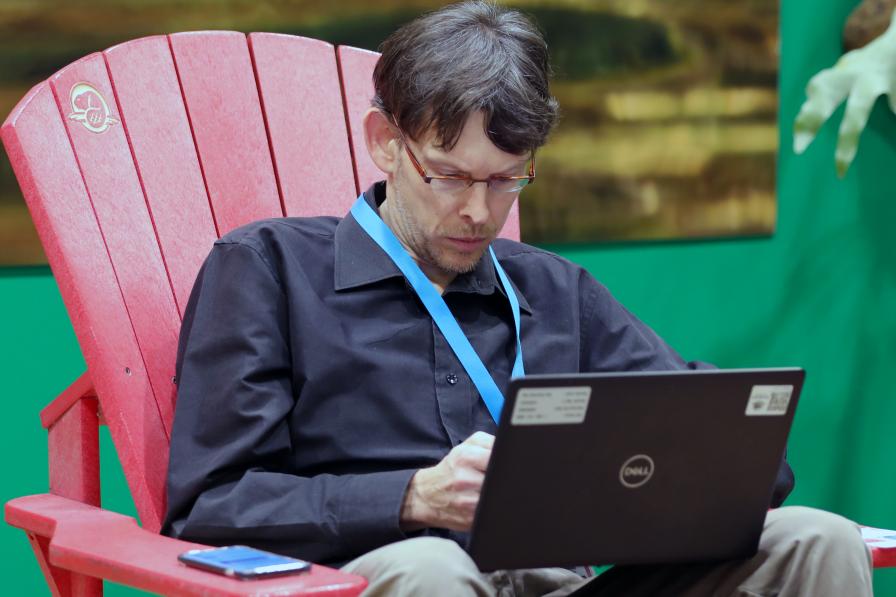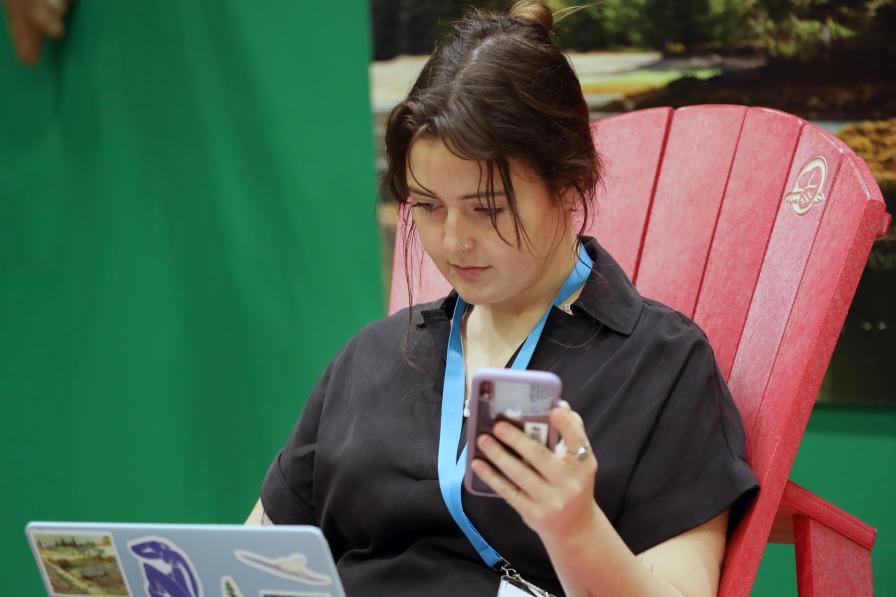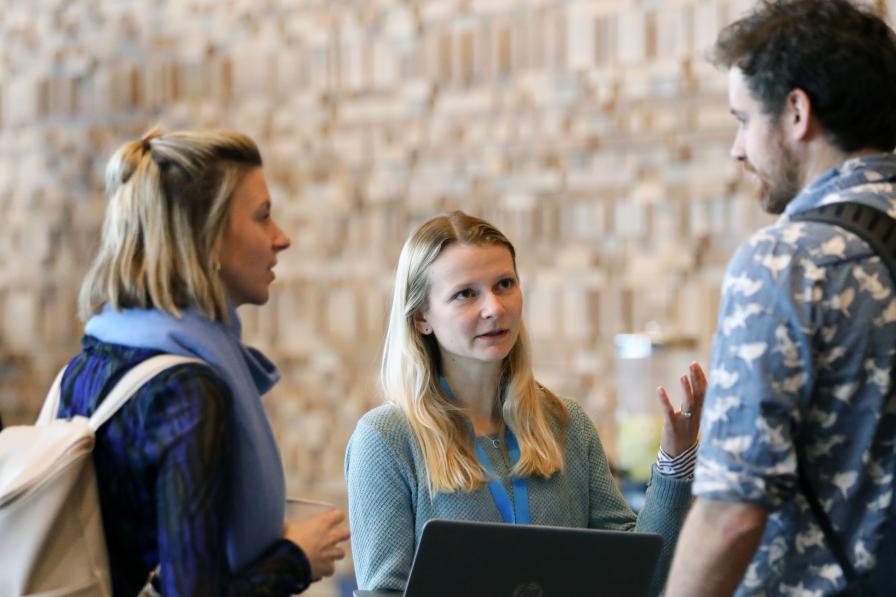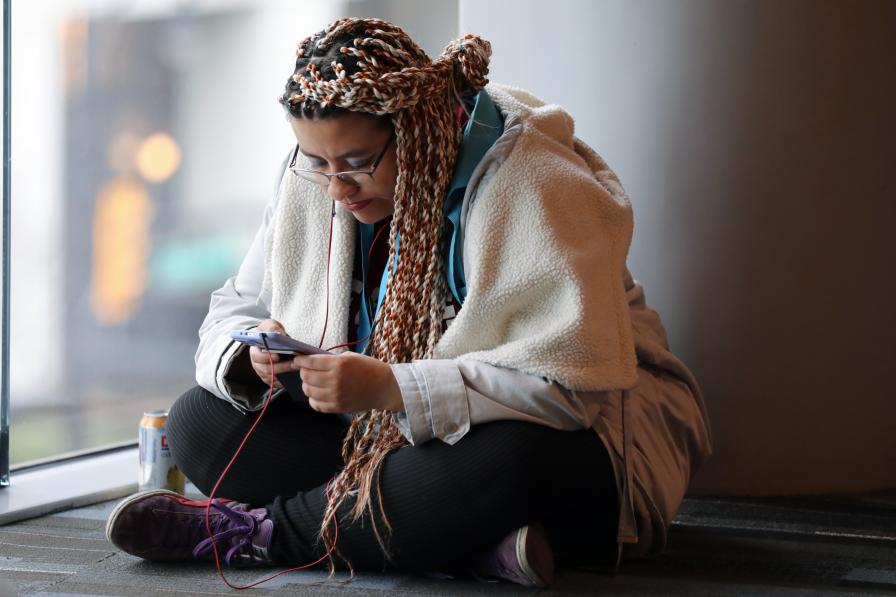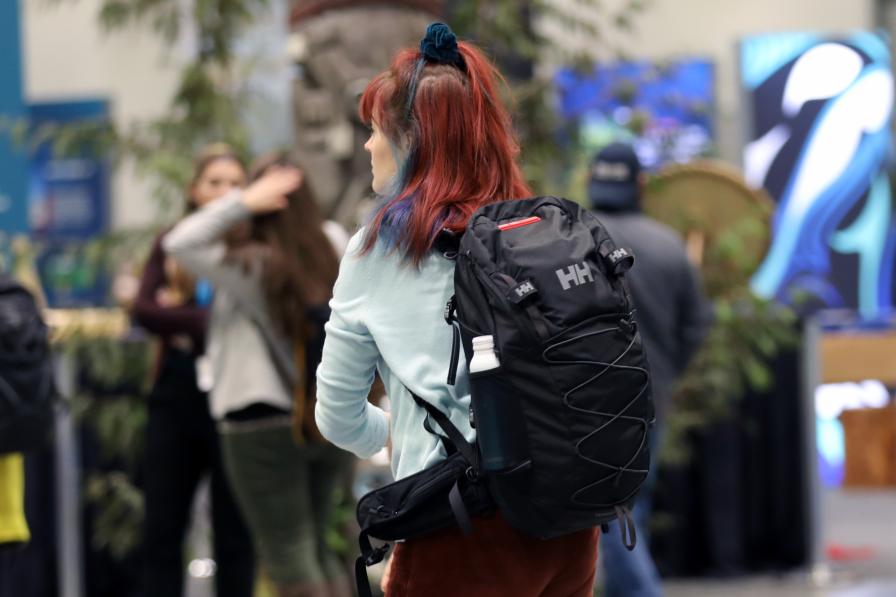The day began with a call for hope, which acknowledged that finding a purpose in an age of multiple crises is possible.
Cécile Tang, IMPAC5 Young Professional Committee, expressed her Committee's goal of representing and sprouting youth voices in IMPAC5 and beyond. Britt Wray, Stanford University, referred to eco-anxiety as the chronic fear of ecological doom but also as the trigger for harnessing eco-distress for a deeper sense of purpose.
Want to dive deeper? Read the full Earth Negotiations Bulletin daily report.
Dalee Sambo Dorough, University of Alaska Anchorage, introduced the audience to an Inuit origin story, highlighting that such legends have forged connections between their values, identities, knowledge, and stewardship philosophies. She provided an historical overview of the Inuit Circumpolar Council, and spoke of the inherent right of the Inuit to their territories, as well as their rights to manage them in accordance with their values, knowledge, and traditions. Stressing the global importance of the Inuit's lands and seas, she underlined the imperative that Inuit be involved in all matters connected to Arctic caretaking, affirming that marine conservation is an act of securing food sovereignty and fulfilling Inuit rights to self-determination. She highlighted the Sarvarjuaq/Pikialasorsuaq project, which seeks to protect the waters between Nunavut and Kalaallit Nunaat Greeland in alignment with local community wishes.
In a moving presentation, Asha de Vos, Oceanswell, called out the colonial systems surrounding Ocean conservation, referencing her experience of researchers from the Global North “parachuting” to countries of the Global South and presenting their research without equitable inclusion and leaving no long-term knowledge or investment. She underscored how colonial research uses unequal power that controls the narrative and agenda, enhancing the careers of researchers of the Global North, but disrupting local conservation efforts.
She called out financial and visa restrictions as important hurdles for qualified researchers from the Global South, noting that many colleagues are missing at this conference because of the places they come from. She highlighted that 70% of the world´s coastline is in the developing world, but the representation in their management is not equitable. She called for decolonizing science conservation and storytelling and stressed the need to have these “uncomfortable conversations,” because this is where growth happens. She finished by saying that every coastline needs a local hero if we want to save the Ocean.
Participants then listened to panels and presentations, including several centered on Indigenous leadership as central to Ocean conservation initiatives.
All ENB photos are free to use with attribution. For IMPAC5, please use: Photo by IISD/ENB | Anastasia Rodopoulou.
To receive free coverage of global environmental events delivered to your inbox, subscribe to the ENB Update newsletter.
